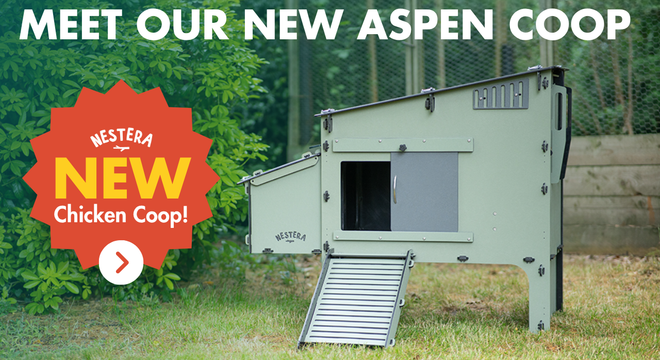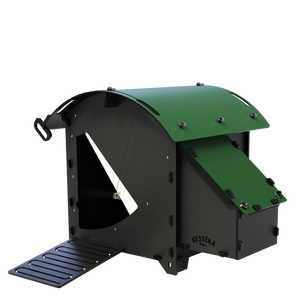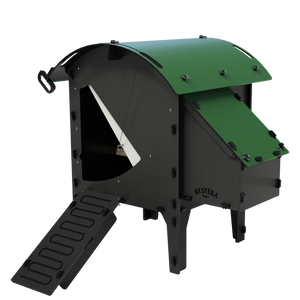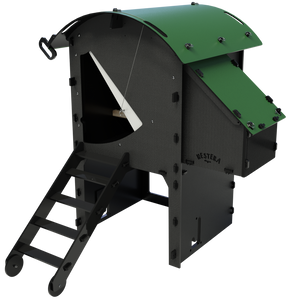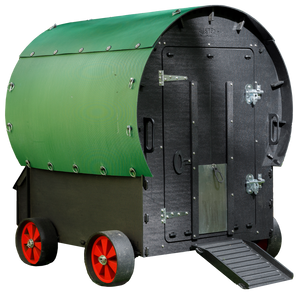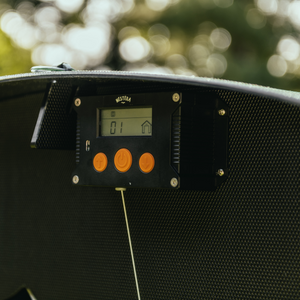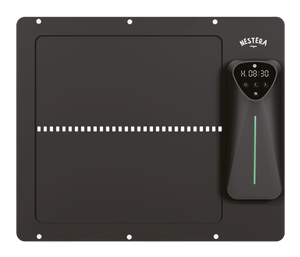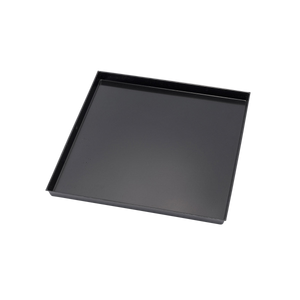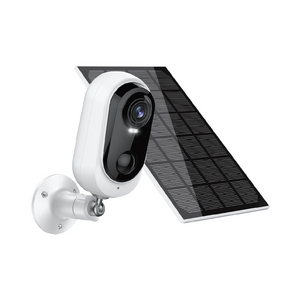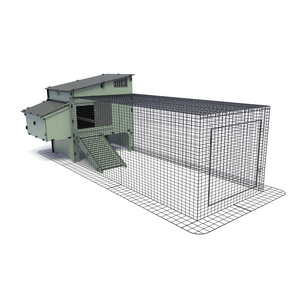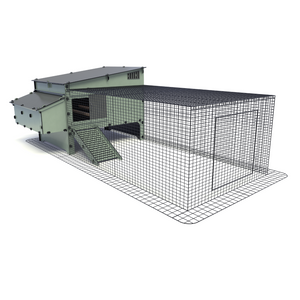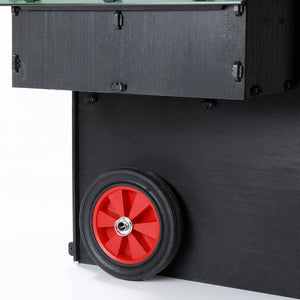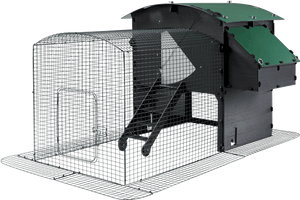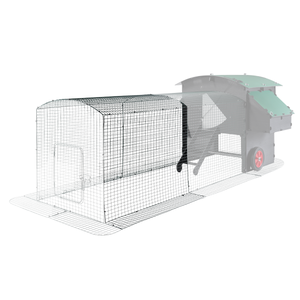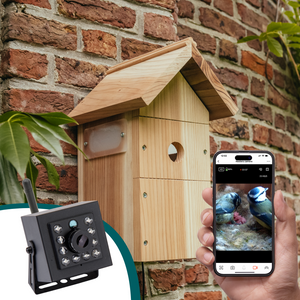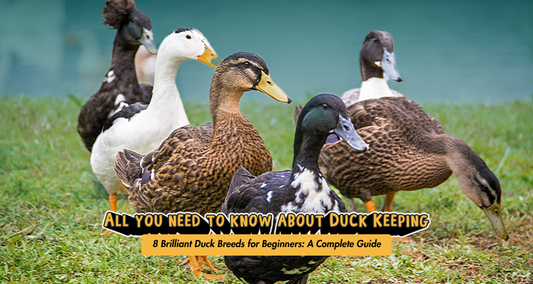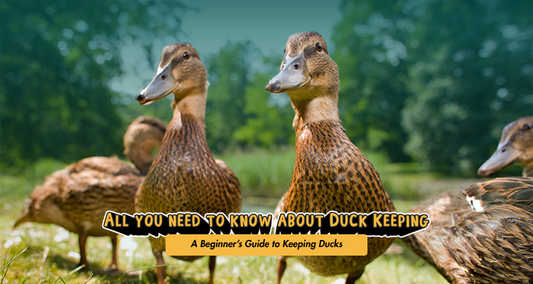For many of us, egg production is either the main reason for keeping a flock or a delicious bonus!
It can be frustrating to wait for hens to start laying—or if they suddenly stop. It's important to remember that we don’t view eggs the same way birds do. For us, an egg is an ingredient to a meal or snack; for hens, it’s potential offspring.
Even if your flock lacks a cock bird to fertilise the eggs, that won’t stop hens from wanting to lay theirs at the right time and in the right place. In veterinary medicine, egg laying is referred to as ‘Ovi-position’.
Which Breeds Lay the Most Eggs?

It may surprise you to hear that most modern breeds of chicken lay roughly the same number of eggs over their lifetimes—even pure breeds!
What varies greatly is how quickly they lay them.
-
Commercial breeds lay all their eggs over a few short years, and the best commercial hens may produce over 300 eggs in their first year.
-
Pure breeds typically lay 100–250 eggs annually, decreasing by about 10% each year but continuing for several years.
-
Hybrid hens usually fall somewhere in between but can vary significantly between breeds.
What Age Do Chickens Start Laying?
-
Commercial and hybrid breeds: Usually start laying between 16–20 weeks of age.
-
Pure breeds: Often start around 26 weeks (or 6 months) old.

A sign that hens are close to laying is when their combs and wattles become redder. If a hen crouches when approached, it indicates sexual maturity—a submissive gesture where they view you as a dominant flock member (regardless of your actual species or gender!).
Why Hasn’t My Bird Started Laying Yet?
Hens are not machines! Each bird is an individual. Even when conditions are right for most of the flock, some hens may take longer.
Common reasons for delayed laying include:
-
Relocation stress between 14–26 weeks of age.
-
Variations in warmth, light, and food quality during rearing.
-
Some hens may be laying in hidden spots, not the nest box—keep an eye out!
What Do Chickens Need to Start Laying?
It may sound obvious, but only female chickens lay eggs, so the right biology is a must!
Key factors to encourage laying:
-
Maximum access to daylight (automatic coop doors help).
-
A safe, well-ventilated coop with a nest box.
-
Communal laying areas (hens often prefer to share nests).
-
Feeding a layer-specific diet (pellets, mash, or a suitable homemade alternative).
-
Adequate calcium intake for strong eggshells (critical for growing birds with heavy nutritional demands).
Why Hasn’t My Older Hen Started Laying Again After Winter?

Some hens don’t resume laying after winter for several reasons:
-
Poor weather, low light levels, or cold temperatures.
-
Vitamin D deficiency, which limits calcium absorption (sunlight helps, but supplements are available combining calcium and vitamin D).
-
Winter feed changes causing too few or too many calories.
-
Reproductive issues due to disease or bad luck.
-
Age—older birds naturally slow down and may cease laying altogether after several years.
Why Have My Chickens Suddenly Stopped Laying?
Sudden stops in egg production are very common and can be triggered by:
-
Predator attacks causing stress and insecurity.
-
Changes in flock composition (new birds arriving or old ones leaving).
-
Moulting season, usually starting from their second autumn.
-
Colder weather and food scarcity fears during winter.
-
Broodiness—hens instinctively stop laying to sit on eggs.
-
Red mite infestations—a hidden but common problem inside coops.
Final Tip:
Remember, patience and close observation are key! A healthy, stress-free hen in the right environment will usually return to laying naturally.
